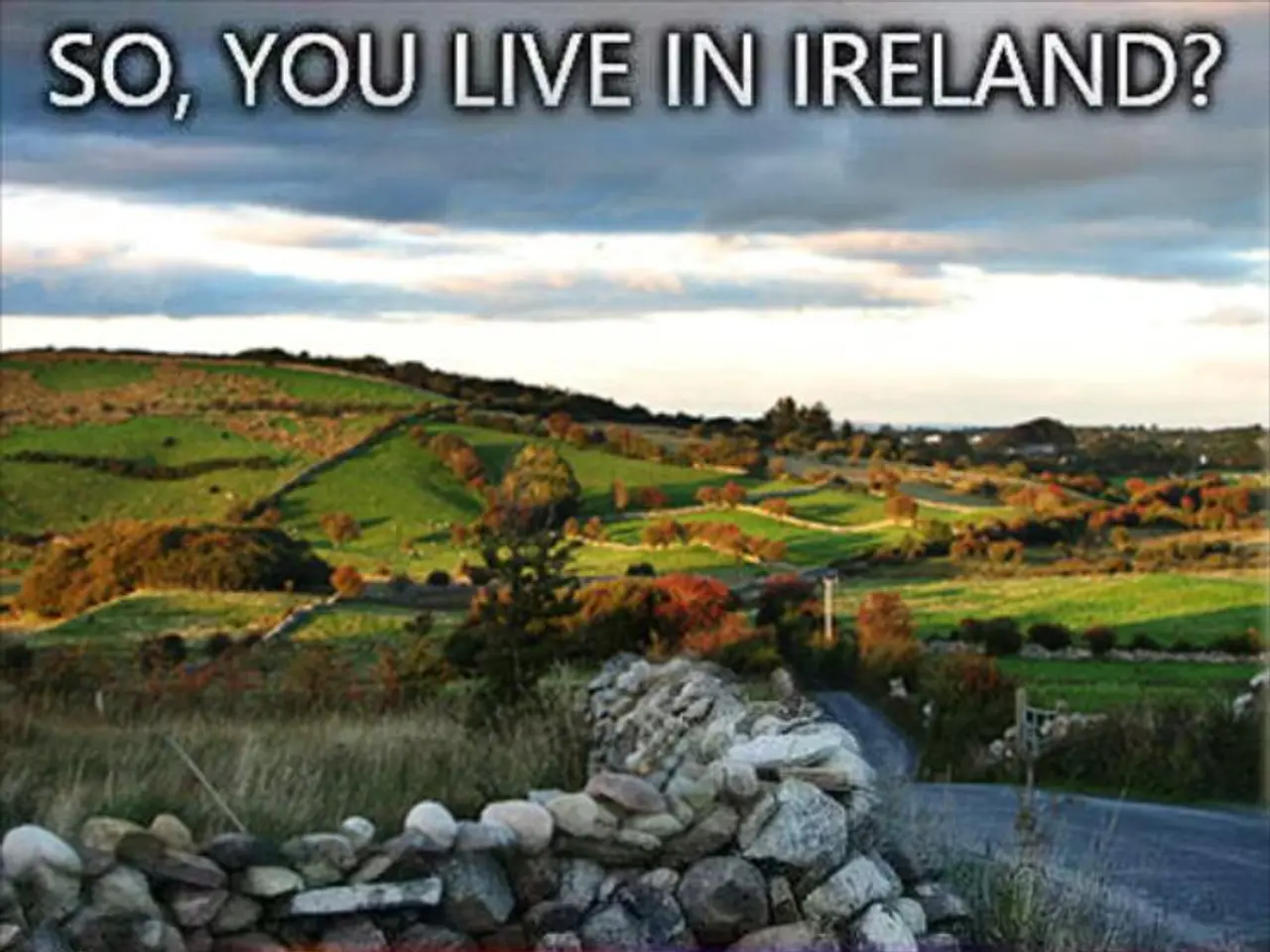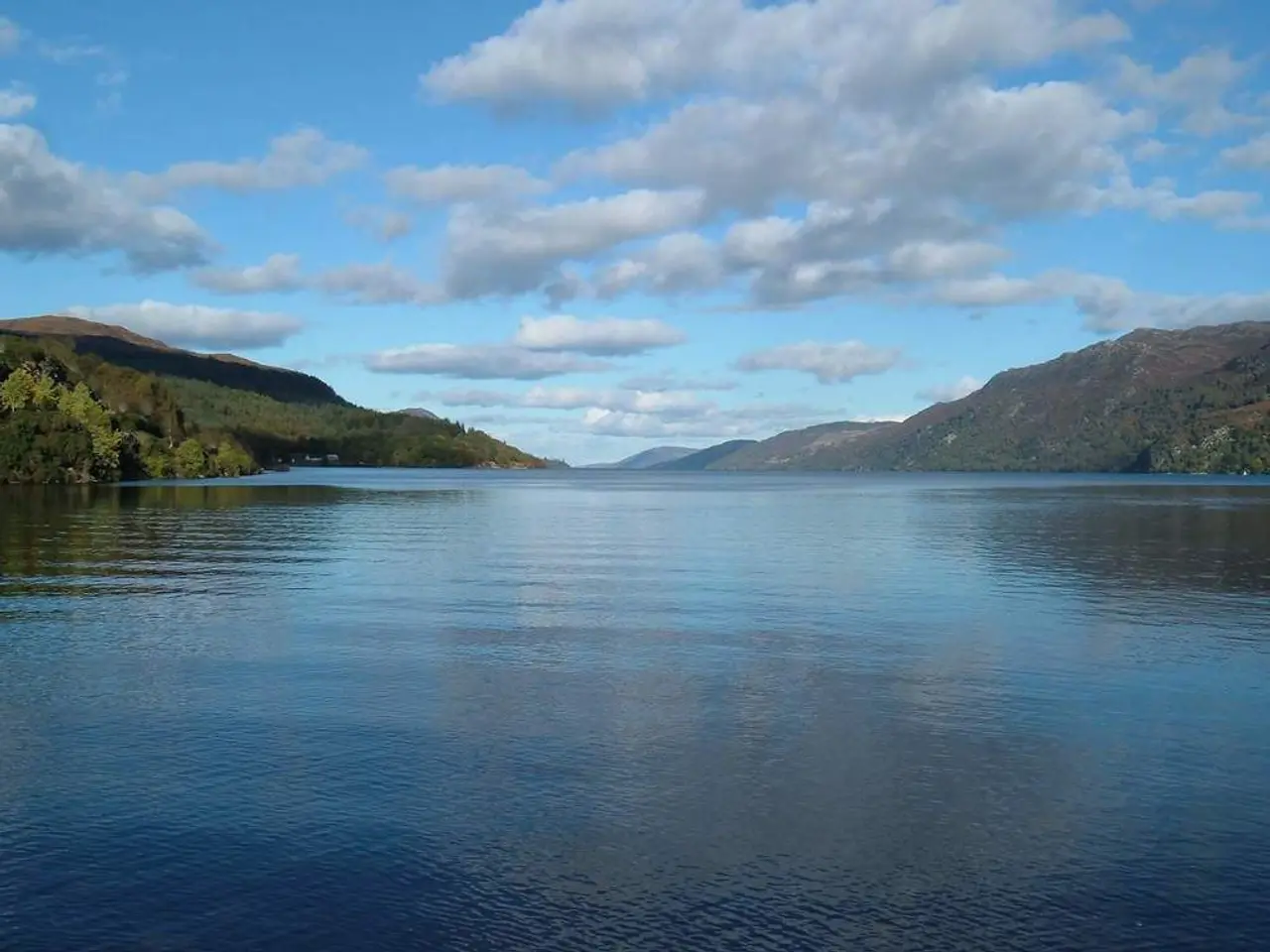Severe heatwave engulfs Europe
Europe is sweltering under a fierce heatwave set to last through the upcoming days, with countries like Spain, Italy, Greece, and France bracing for barely bearable temperatures. As Wimbledon gears up for what might be its hottest-ever beginning, Southern Europe is expected to experience temperatures soaring well over the 35-degree mark.
Spain is preparing for a sustained heatwave that's anticipated to last until late next week, with temperatures potentially reaching 43°C in Andalusia. AEMET, the nation's state weather service, has also forecast searing highs in Zaragoza's northeastern region. Medical emergency services in Spain anticipate a surge in heatstroke cases among the elderly, children, and those with chronic illnesses.
Portugal is facing the threat of 40°C temperatures, with fire warnings issued for northern inland areas as well as along the Algarve coast.
Meanwhile, Greece, currently experiencing its first heat wave of the season, is grappling with a wildfire that has triggered evacuations south of Athens. Coast guard ships and fire-dousing helicopters are actively battling the blaze, with patrol boats on standby for a potential sea evacuation. In Greece, the prevailing heat and strong winds have only made the situation worse.
France is experiencing its 50th national heat wave since 1947, with several regions under high-temperature alert. The Meteo France weather agency revealed that rising surface temperatures in the Mediterranean have become an "aggravating factor," making daily temperatures climb towards 39°C and offering little respite at night.
In Italy, 21 cities, including Rome and Venice, sit under extreme temperature alerts. Amidst this crisis, billionaire American businessman Jeff Bezos is making television presenter MacKenzie Scott his second wife in Venice amidst a throng of celebrity guests and protesters.
As temperatures surge and wildfires rage across Europe, residents are being advised to shelter indoors during the hottest hours (approximately 10 a.m. to 6 p.m.) if possible. Meteorologists have pointed out that little cooling should be expected at night over the next week.
This prolonged heatwave, dominated by a persistent heat dome over Western and Southern Europe, is expected to persist for about 7 to 10 days into early July, potentially followed by a sudden temperature drop due to a frontal wave from the North Atlantic.
Many countries are mobilizing firefighting resources, banning outdoor burning, and preparing evacuation plans in wildfire-prone zones. Public health warnings encourage people to stay indoors during peak heat and stay hydrated. The dry air masses and drought conditions contribute to heightened wildfire potential.
- The current climate-change situations in America, as exemplified by Jeff Bezos's marriage in Venice, Italy, amidst a heatwave, have raised concerns about the government's environmental-science policies and legislation in addressing general-news issues like climate change.
- The climate crisis, as evidenced by the European heatwave, has scrutinized the role of political forces in implementing effective weather-forecasting systems to mitigate such weather disruptions.
- The soaring temperatures in Europe, coupled with the wildfires, have prompted citizens to reevaluate their dependence on the government for climate-change resilience, and to seek alternative solutions in protecting their environment.
- The ongoing heatwave in Southern Europe has exposed a disconnect between the government's climate-change policy and the realities faced by the public, raising awareness about the need for more comprehensive climate-change strategies.
- The heatwave affecting countries like Spain, Greece, France, Italy, and Portugal highlights the urgent need for international cooperation in climate science, as the crisis knows no national boundaries.
- The prolonged heatwave in Europe serves as a wake-up call, reminding leaders of the necessity to prioritize climate-change actions in policy-and-legislation decisions, with direct impact on the weather, environments, and lives of their citizens.








